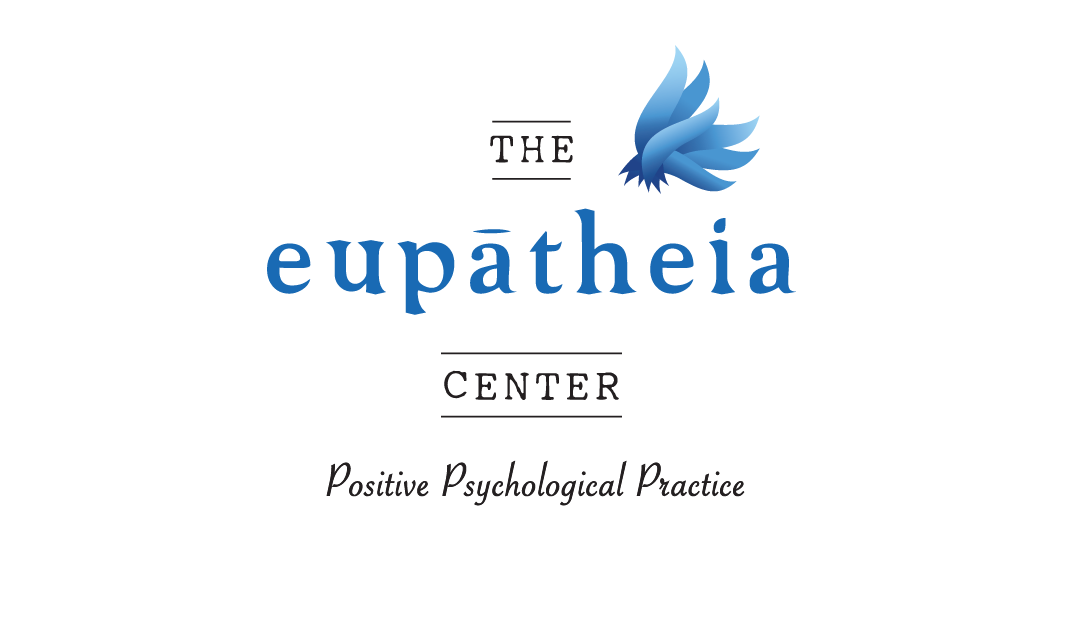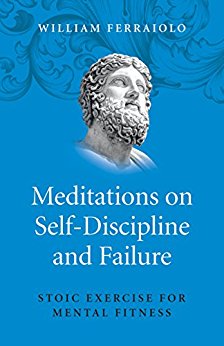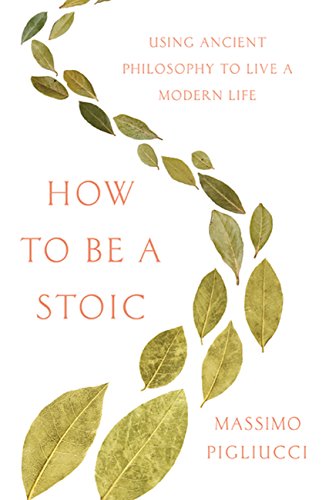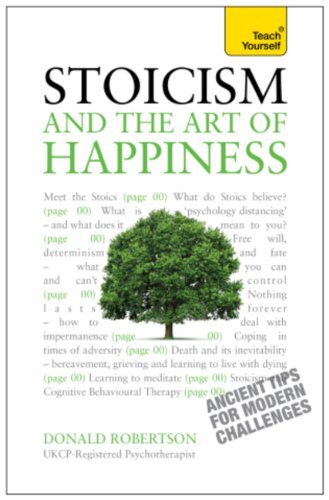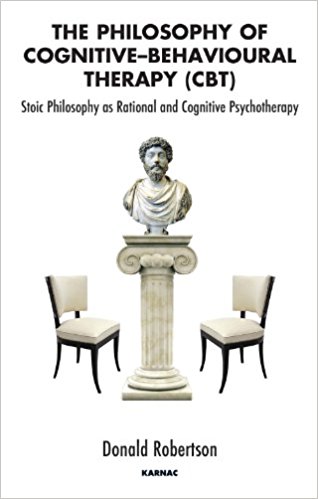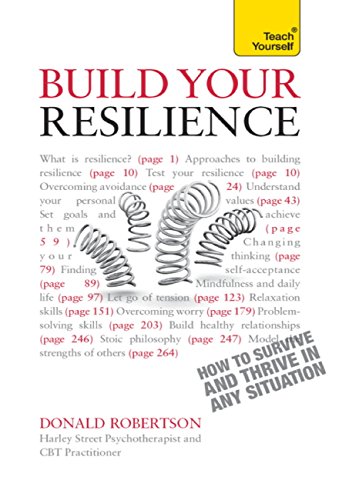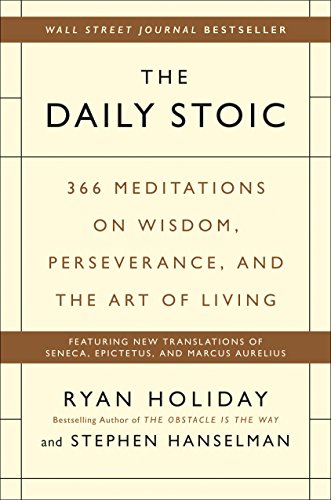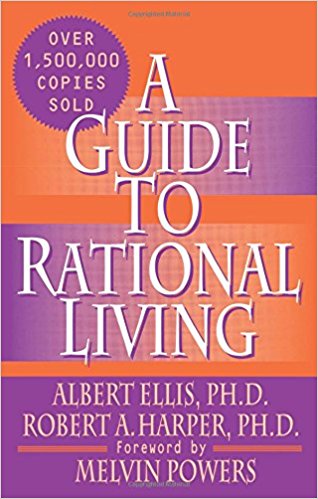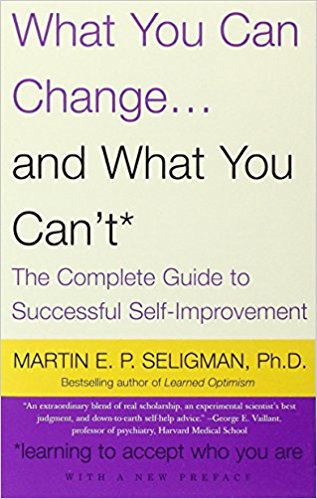The Eupatheian Potential of Karen Horney's Psychology of Neurosis and Growth
/Psychological growth is often less about eradicating emotional distress than about learning to live with greater clarity, authenticity, and inner harmony. This state of well-being—a balanced, fulfilling emotional experience—is what I call eupatheia. The term, derived from Stoic and Spinozistic thought, refers to emotional states grounded in self-awareness, resilience, and purposeful engagement with life.
The psychology of Karen Horney (1885–1952) offers profound insights into how individuals can cultivate such emotional clarity. Horney, a psychoanalyst who challenged many of Freud's more deterministic ideas, emphasized the dynamic relationship between anxiety, neurosis, and growth. Her work provides both a compassionate understanding of psychological distress and a hopeful framework for personal transformation.
Let’s explore how Horney's theories of neurosis and self-realization can facilitate the experience of eupatheia—helping individuals move beyond inner conflict and toward emotional well-being.
1. The Roots of Neurosis: The Disrupted Self
Horney viewed neurosis not as a rigid diagnosis but as a learned pattern of coping with unmet emotional needs, particularly those related to safety, affection, and autonomy. She proposed that neurotic tendencies emerge when individuals adopt rigid, self-protective strategies to manage deep-seated anxiety—what she called basic anxiety, the pervasive feeling of being unsafe or unloved in the world.
These protective strategies often manifest as compulsive tendencies to:
Move toward people (compliance): seeking approval and validation.
Move against people (aggression): striving for control, power, or superiority.
Move away from people (detachment): withdrawing emotionally to avoid vulnerability.
While these strategies can offer temporary relief, they ultimately lead to disconnection from one's authentic self, fostering internal conflict and emotional turmoil.
Eupatheian Insight:
Recognizing these patterns is the first step toward emotional clarity. When individuals see how these coping strategies shape their relationships and self-perception, they begin to experience a shift from confusion to self-understanding—a core component of eupatheia.
Action:
Ask yourself: When I feel anxious or uncertain, do I tend to please others, assert control, or withdraw? Observing these patterns without judgment can cultivate the self-awareness needed for growth.
2. The Tyranny of the Idealized Self
Horney introduced the concept of the idealized self: a false, perfectionistic self-image individuals construct to escape feelings of inadequacy. This idealized self is often shaped by cultural messages, societal expectations, and early relational experiences. It demands unrealistic standards—such as being endlessly kind, successful, or independent—and punishes the individual with self-contempt when these standards prove unattainable.
This internal conflict between the idealized self and the real self generates chronic self-doubt, guilt, and emotional exhaustion. Horney referred to this as the tyranny of the shoulds, as individuals become trapped in self-imposed rules about who they should be rather than accepting who they genuinely are.
Eupatheian Insight:
Freedom from the tyranny of the idealized self fosters emotional relief and clarity. When individuals relinquish impossible self-standards, they create space for authentic self-expression and experience more stable, fulfilling emotional states.
Action:
Write down three "should" statements that often occupy your mind (e.g., "I should never feel angry"). Then reframe each statement to reflect self-compassion and realistic expectations (e.g., "It's okay to feel angry sometimes; my emotions are part of being human.").
3. The Real Self: The Core of Authentic Growth
For Horney, psychological health depends on reclaiming the real self—the spontaneous, dynamic core of one's personality, unburdened by neurotic patterns and societal demands. The real self is not a static essence but a living, evolving sense of identity grounded in curiosity, creativity, and integrity.
Accessing the real self requires individuals to:
Confront self-deceptive narratives.
Reconnect with authentic interests and values.
Develop self-compassion in place of harsh self-criticism.
Eupatheian Insight:
As individuals reconnect with their real self, they experience a sense of inner congruence and vitality. This emotional alignment fosters the eupatheian qualities of joy, contentment, and curiosity, rooted in self-acceptance rather than external validation.
Action:
Reflect on a time when you felt deeply engaged, curious, or at peace. What were you doing? What values or interests were being expressed? Reintroducing these activities or values into daily life can nurture the real self and promote emotional fulfillment.
4. Growth Through Interpersonal Awareness
Horney recognized that emotional growth is inherently relational. Neurotic patterns often emerge in response to relational dynamics, such as childhood experiences of neglect or overcontrol. Consequently, healing involves examining how these patterns continue to shape current relationships.
By developing greater interpersonal awareness, individuals can:
Identify and modify maladaptive relational patterns.
Communicate needs and boundaries more effectively.
Foster relationships based on authenticity rather than fear or manipulation.
Eupatheian Insight:
As relational patterns become clearer, relationships feel less like sources of tension and more like opportunities for genuine connection. This shift enhances emotional stability and nurtures eupatheia by transforming relationships into spaces for mutual growth.
Action:
Consider your closest relationships and ask: Am I engaging from a place of authenticity or self-protection? Practice expressing emotions and needs with openness, even if doing so feels vulnerable at first.
5. The Courage to Grow: Embracing the Unknown
Horney saw growth as a courageous process of stepping into the unknown. Abandoning familiar defenses can feel disorienting, but it also opens the door to a more spontaneous, fulfilling life. Growth requires a willingness to tolerate uncertainty while trusting in the unfolding process of self-discovery.
Eupatheian Insight:
The courage to grow generates a sense of psychological freedom—an openness to life's complexities without rigid expectations or self-defeating patterns. This freedom fosters a lasting sense of emotional resilience and well-being.
Action:
When facing change or uncertainty, repeat the affirmation: "Growth requires courage, and I am willing to grow." Reflect on past experiences when you stepped into the unknown and discovered strength or insight you didn’t know you had.
The Eupatheian Promise of Horneyan Growth
Karen Horney's psychology provides a hopeful, humanistic path toward emotional fulfillment. By understanding the roots of neurosis, releasing the tyranny of the idealized self, and reconnecting with the real self, individuals can experience the eupatheian benefits of clarity, authenticity, and emotional resilience.
This process isn’t about achieving a perfect state of happiness. Instead, it’s about cultivating a richer, more nuanced relationship with oneself and others—one grounded in self-knowledge, genuine connection, and the courageous pursuit of growth.
As Horney herself observed: “The growth of the mind is the widening of the range of consciousness, and this involves both expansion and integration.”
Through this widening, we find not only relief from distress but also the deep, enduring joy of living as our authentic selves—a joy that is, in essence, the heart of eupatheia.
Brendan C. Engen, PsyD
